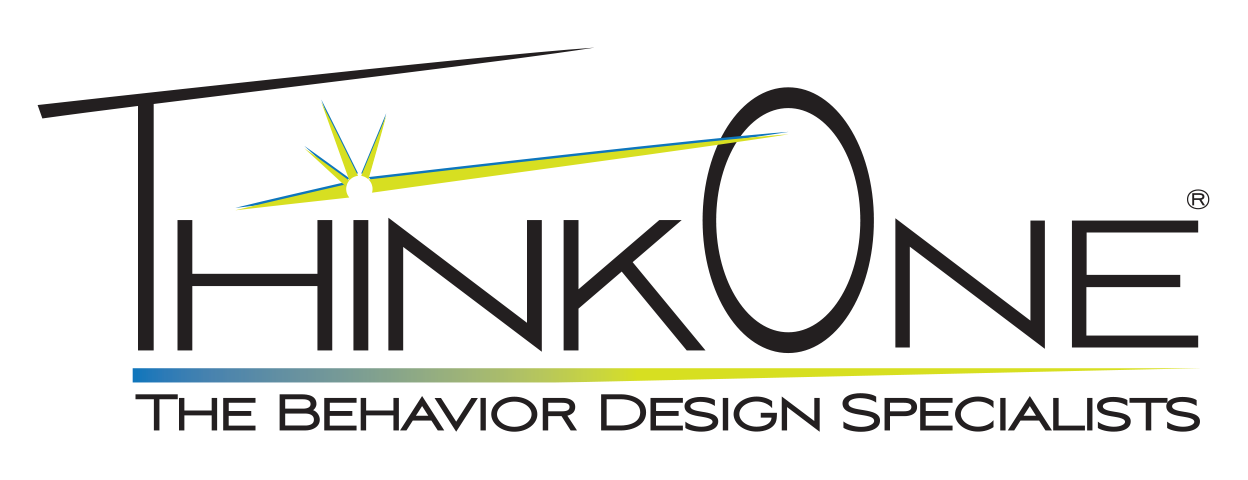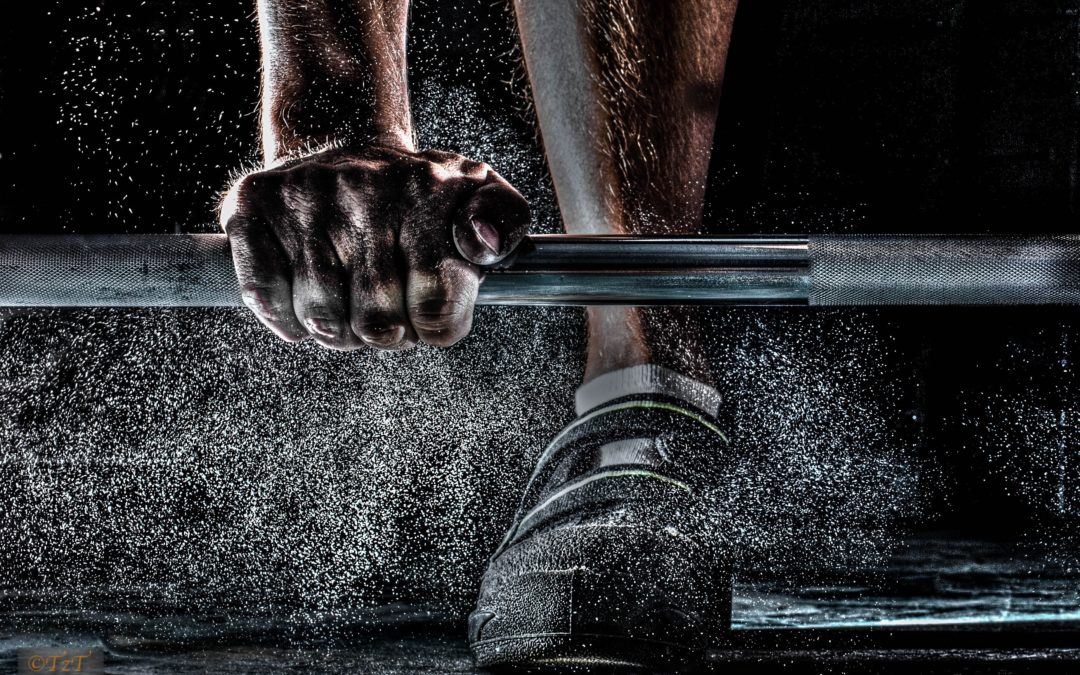Recent research indicates that many athletes, coaches and sporting administrators are reluctant to seek out the services of a qualified sport psychologist, even if they believe it could help. The primary reason for this hesitance appears to be the lack of conceptualization or understanding of the protocols and practices required to enhance mental preparation and the regulation of arousal and anxiety (optimum levels of arousal accentuate sport performance). In contrast to the
physiological aspect of sport performance, where one can actually see increased strength, speed, quickness and agility, the psychology or mental enhancement aspect of sport performance is largely covert or unobservant. As such, how do we know if sport psychology really works?
First, let’s be clear what it is, and what it is not. Sport psychology is not the treatment of pathological or problem athletes and their tendencies. Although sport psychological interventions can include helping an athlete’s overcome deep rooted self-handicapping practices, it is most often the practice of logical life skills that help the athlete regulate and achieve optimum levels of arousal thus seeking to moderate anxiety, the primary eradicator of mental processing during sport performance. It is the deployment of Psychological Skills Training (PST), which is, in essence, pragmatic life skills. Techniques such as mental and visual imagery, positive self-talk and attentional focus (filtering our irrelevant cues versus focusing on relevant cues) are the bedrock of helping athletes regulate anxiety.
Second, many coaches and athletes tend to view sport psychology as clinically based; meaning, they envision being asked to tell their innermost feelings and emotions on a “shrinks” couch. Just like the general population that suffers from mental illness often is reluctant and hesitant to disclose seeking mental health services, athletes and coaches tend to avoid seeking the services of mental enhancement experts for the same reasons. Therefore, the disconnect or gap between qualified sport psychologists or mental enhancement experts and athletes and teams that operationally need mental enhancement for their athletes, is the educational process of how we operate and help athletes in the real world.
Finally, ask yourself these questions to determine if you or your athletes might benefit from mental enhancement during sport performance: Is there a connection between mind and body in everyday life? Do feelings, attitudes and emotions affect your physical responses? Do heightened levels of anxiety affect test performance or physical performance? Remember your playing days? Could you have benefitted from emotional and attitude regulation from simple, easy to apply skills? If you answered yes to any of these questions, perhaps your athletes or team(s) could benefit from the help and intervention of a qualified mental enhancement practitioner who knows the benefits of these pragmatic, yet effective skills

